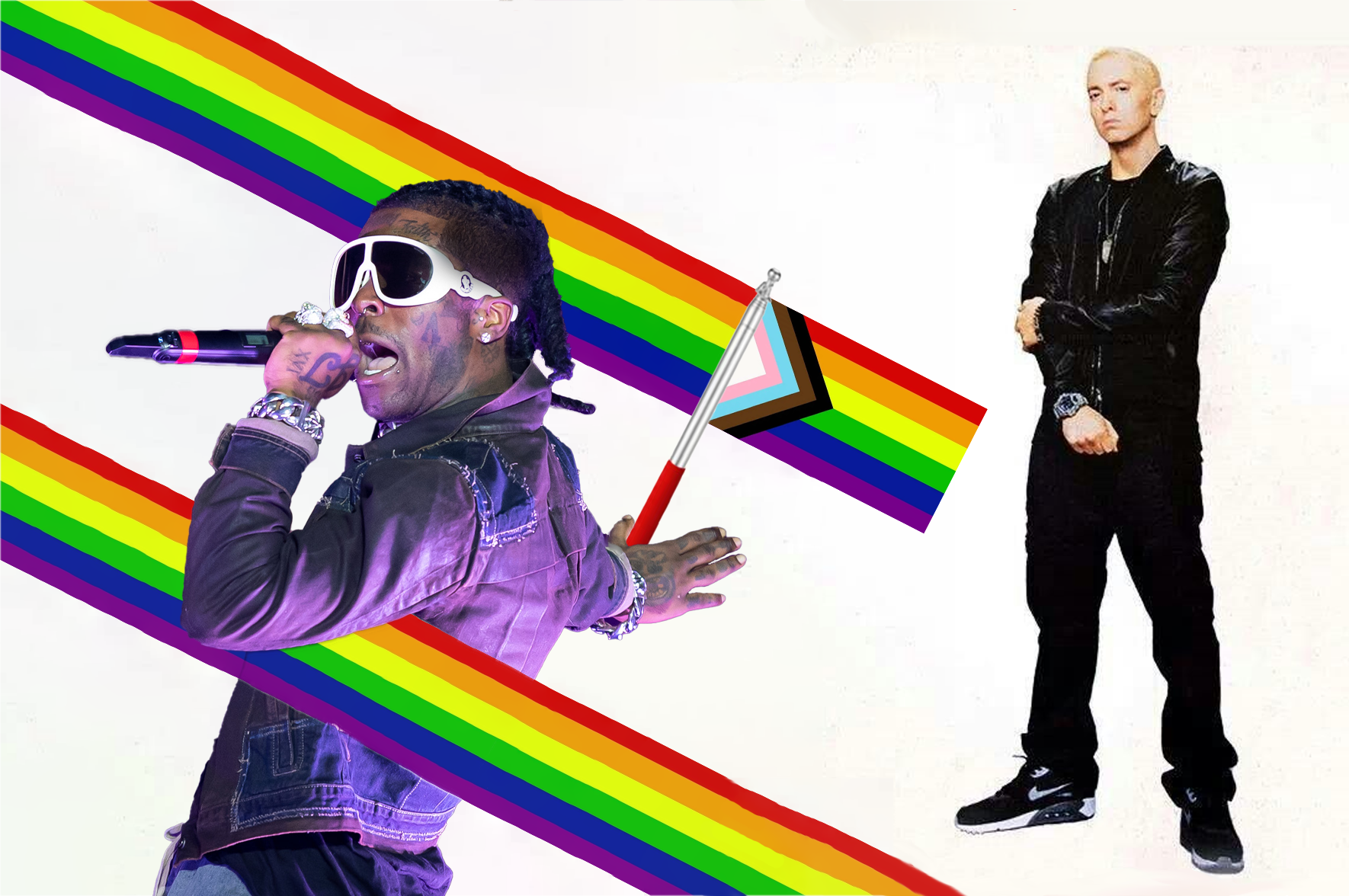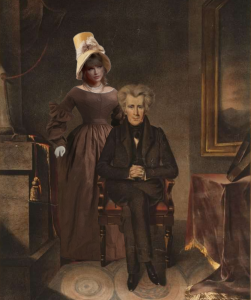
Rapper Lil Uzi Vert sparked widespread speculation on their sexual orientation following an ambiguous monologue during Coachella last weekend.
After voguing to their music and death dropping, Uzi delivered a heartfelt message to the crowd.
“I’ve been meaning to tell y’all a really important secret,” Uzi said. “I’ve been holding this in for a very long time…what I wanna tell y’all tonight is I love y’all, and I hope no matter what, y’all love me the same way I love y’all.”
As the audience cheered in support, fans took to social media to discuss what this big secret could be. Unsurprisingly, many saw this as a soft launch of Uzi’s queer identity.
But this launch isn’t so soft, considering it wasn’t the first time the Grammy-nominated artist has hinted at coming out.
In 2022, the “I Just Wanna Rock” rapper updated their pronouns to they/them on Instagram before revealing their alter ego “Leslie” at the 2023 Rolling Loud festival.
Despite fans raving about their performance, others were critical about Uzi’s gender nonconformity.
“Man what happened to Uzi…that man pushin 30 and looking gayer than ever,” one Instagram user said.
Between pronoun changes, hair dye and rocking glitter on their face, Uzi can’t seem to escape scrutiny over their refusal to conform to typical standards of masculinity.
Though the level of homophobia directed toward Uzi is repulsive, it is unsurprising. The rap community has always been hostile to queer folks. Historically, artists like Eminem and Ice Cube were notorious for employing homophobic slurs in their music.
In 2018, Eminem dissed openly queer artist Tyler the Creator in a song saying “Tyler creates nothing, I see why you called yourself a f—.”
Even as recently as this month, critically acclaimed rapper J. Cole faced backlash over transphobic lyrics featured on his track “Pi.”
Although hypermasculine rappers and their intolerant fan bases create a dangerous environment for queer artists, celebrities like Uzi are paving the way for acceptance.
Male rappers like Tyler the Creator, Frank Ocean, Playboi Carti and Lil Nas X are pushing the boundaries of masculinity and creating identities based not on what society expects of them, but rather what fulfills them personally.
Their bravery has impacted rappers like Kendrick Lamar, who released the track “Auntie Diaries” in 2022, which he uses as an opportunity to acknowledge his previous bigotry toward transgender people, shares his story of acceptance and encourages others to do the same.
Uzi will likely continue to face backlash from hateful audiences. But it is the discourse that their controversial acts produce that will ultimately breed more tolerance for people like them.
Until then, all Uzi can do is vogue their way to queer liberation.




